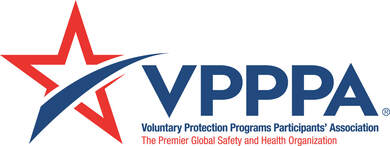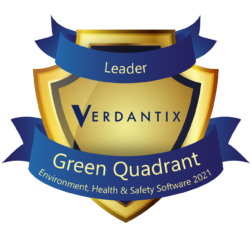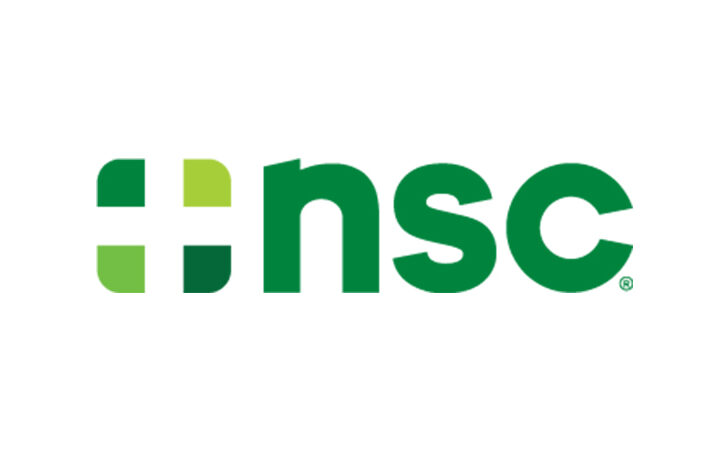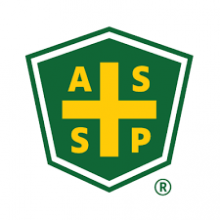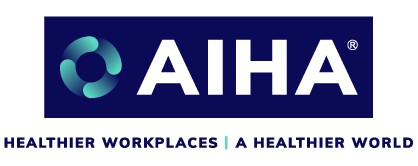DOT, PHMSA Publish New Requirements for Petroleum and Flammable Chemical Rail Carriers
04/03/2019
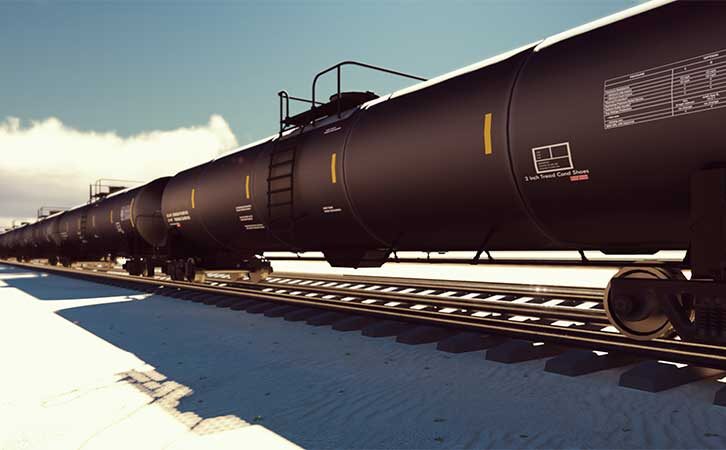
On February 28, 2019 the Pipeline and Hazardous Materials Safety Administration (PHMSA) published a final rule entitled “Hazardous Materials: Revisions to Oil Spill Prevention and Response Plans for Rail Transport” that establishes new oil spill response planning, training and reporting requirements for railroad companies who transport petroleum oil and other high-hazard flammable liquids in the U.S. The requirements of this new final rule go into effect on April 1, 2019.
PHMSA developed the final rule in accordance with the Fixing America’s Surface Transportation (FAST) Act that was signed in to law back in 2015, and in response to the sharp rise in rail transport of crude oil and other flammables resulting from the United States’ recent and continued boom in domestic petroleum production.
According to the Association of American Railroads, the volume of total U.S. petroleum production transported via rail has increased dramatically over the past decade. In 2009, just 2.6 percent of the 5.3 million barrels of petroleum produced in the U.S. each day were transported by Class I railroads. By 2015, that volume had risen to approximately 11 percent of the nearly 9.4 million barrels produced daily. That's an estimated 1 million barrels of petroleum liquids traveling America's rail system on any given day of the week. Though the percentage of petroleum production transported by rail has declined slightly over the past three years due to major increases in pipeline capacity, railroads remain an essential mode of transport for petroleum products and other flammable chemicals in the U.S.
Unfortunately, this rise has been accompanied by a corresponding increase in the number of incidents involving rail transport of petroleum oil and other flammable liquids. Since 2013, there have been 37 major accidents or derailments in the U.S. and Canada that have resulted in the discharge of significant amounts of crude oil and other petroleum products to the environment, untold millions of dollars in damages, and the loss of human life.
Arguably the most devastating of these incidents occurred in July of 2013 when a train hauling 72 crude oil tanker cars was left parked, unmanned, outside the town of Lac-Mégantic, Quebec. A mechanical failure combined with human error resulted in a loss of braking power, allowing the train to start accelerating down-grade toward the center of town. Without anyone at the controls, the runaway train approached a speed of nearly 65 mph and derailed at a crossing close to the center of downtown Lac-Mégantic. 63 of the 72 tankers ruptured in the incident, spilling approximately 1.6 million gallons of crude over the downtown area. The oil ignited, and the resulting fires and explosions killed 47 people, displaced nearly 2,000 of the town’s 6000 residents, and destroyed approximately half of the buildings in downtown Lac-Mégantic.
Requirements & Applicability of the Final Rule
The PHMSA final rule adds new requirements for spill response planning and training, information sharing and notification, and hazard classification of shipments subject to the final rule. It also expands the applicability of these requirements to include rail shipments containing 20 or more cars of liquid petroleum oil in a continuous block, or 35 cars of liquid petroleum oil in the train consist (the entire series of cars). Any tank cars containing crude oil, fuel oil, petroleum distillates, diesel, gasoline or any other Class 3 flammable liquid must be included when counting cars in the consist.
Comprehensive Oil Spill Response Plan (COSRP)
PHMSA's review of recent derailments identified challenges during oil spill response that likely compounded the severity of these incidents, and could potentially have a similar impact on future derailments. Prior to the final rule, rail carriers were effectively exempt from Oil Spill Response Plan (OSRP) requirements contained in the Clean Water Act (CWA). This was because the previous requirement stated that OSRP requirements only applied to transportation of oil in a quantity greater than 1,000 barrels (42,000 gallons) per package. Since the typical rail tanker car only has a capacity of about 30,000 gallons, the majority of liquid petroleum shipments were not subject to OSRP requirements.
Under the PHMSA final rule, affected rail carriers are now subject to COSRPs with the hope that the newly required planning process will improve response to future derailments involving petroleum oil and other flammable chemical shipments, and reduce their potential impact to communities.
COSRP Training Requirements
One of the key pieces of information you must include in your COSRP is a detailed description of your response training program and verification of employee training completion. PHMSA now requires affected rail carriers to certify and document that employees have been trained in carrying out their designated responsibilities under the plan, and to comply with other knowledge and certification requirements that include:
- Employees must know the identity and procedures for contacting the qualified individual (the person designated with authority for implementing cleanup operations) or their alternate on a 24-hour basis
- All railroad employees with reporting responsibilities under the plan must also know:
- The content of the information summary in the COSRP
- The toll-free telephone number and procedures for notification of oil discharges to the National Response Center (NRC), as required by the U.S. Coast Guard and Clean Water Act (40 CFR Part 110)
- The qualified individual or person acting in an Incident Commander role may be trained under the U.S. Federal Emergency Management Agency (FEMA) Incident Command System (ICS) at the Incident Commander Level.
- Employees must be trained at least once every five years or, if the plan is revised during the five-year period, within 90 days of implementation of the revised plan. New employees must be trained within 90 days of employment or change in job function.
Each railroad must create and retain records of current training of each railroad employee engaged in oil spill response for as long as that employee is employed, and for 90 days thereafter. A railroad must also make the employee's record of training available upon request, at a reasonable time and location, to an authorized official of the Department of Transportation. The record must include all of the following:
- The employee's name
- The completion date of the employee's most recent training
- The names and addresses of the person(s) providing the training
- A certification statement that the designated employee has been trained, as required by PHMSA
VelocityEHS Can Help!
With an increasing volume of crude oil and other petroleum products crossing the U.S. by rail each day, the new PHMSA rule is sure to have an impact on rail carriers throughout the country. If you’re affected by the new requirements and looking for a quick, easy and cost-effective way to track and document training for your crews, no matter where they’re operating, take a look at Training Management solutions from VelocityEHS.
VelocityEHS Training Management solutions allow you to easily manage employee training across your entire workforce. You can schedule and assign training sessions for individual employees or groups as determined by role or location, attach documents and other training materials, monitor training completion at-a-glance with intuitive dashboard displays and reports, automate training reminders and follow-up notifications, and quickly produce documentation of employee training compliance across each of your locations and facilities in the event of a DOT inspection — all from a single, centralized cloud-based system. Mobile functionality even gives your employees the ability to view and complete training assignments right from their tablet or smartphone from virtually anywhere, at any time.
For more information on VelocityEHS Training Management solutions and how we can help you ensure compliance with the PHMSA final rule, Request a Demo today or give us a call at 1.866.919.7922

